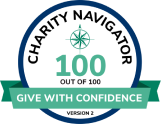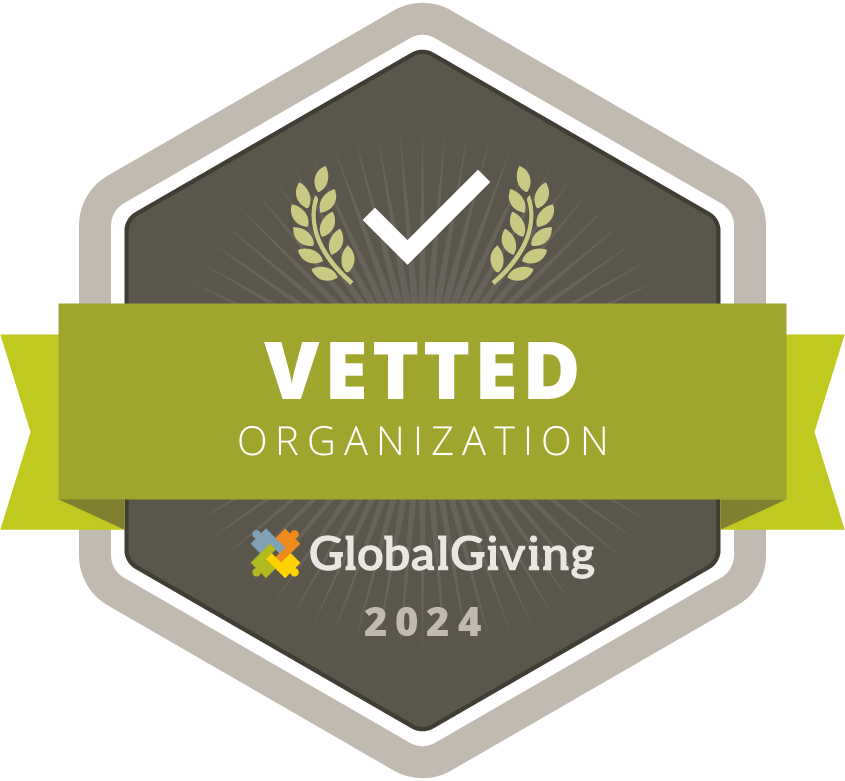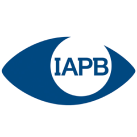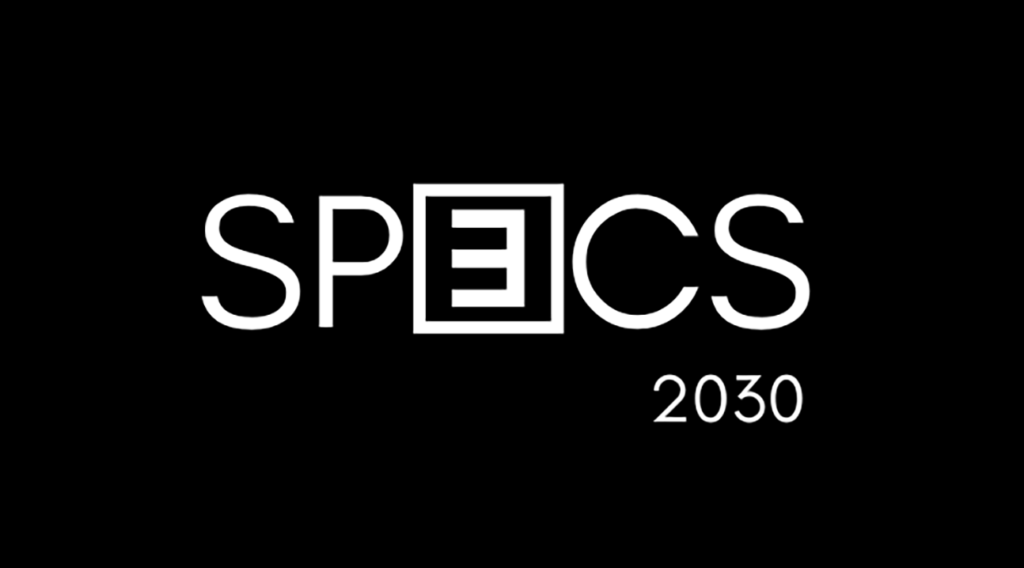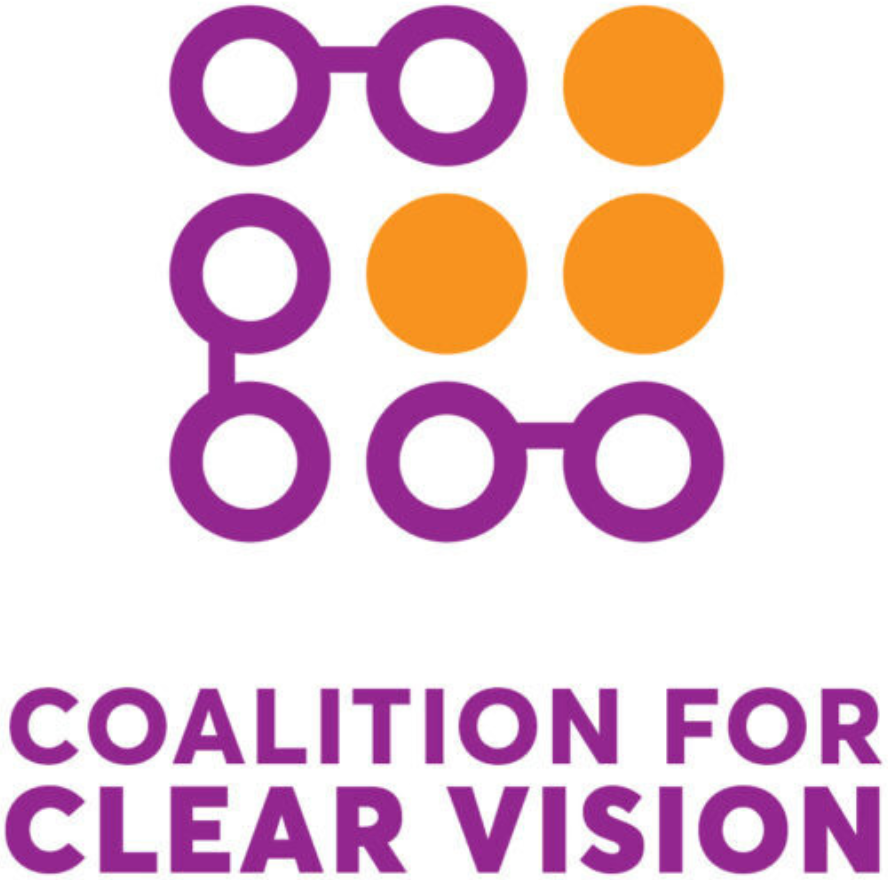By Pelin Munis, Ph.D., CEO, RestoringVision
Earlier this month, I visited the World Health Organization to participate in the Global Refractive Error Expert Consultation meeting in Geneva, Switzerland. This was a critical meeting that brought together key stakeholders including NGOs, philanthropic foundations and academic institutions, and the Vision and Eye Care Programme at the WHO to discuss and advance progress toward solving the vision crisis.
As we now come together as a united global community determined to help all people to see clearly no matter their income or location in the world, a momentum is building to include vision and refractive error, an area in which RestoringVision has dedicated 2 decades of work, on to the global agenda.
The WHO and its member states have set an ambitious goal – to achieve a 40-percentage point increase in effective refractive error coverage for people worldwide by 2030. Countries that have a baseline effective coverage rate of 60% or higher should strive for universal coverage. This is an ambitious goal but together, we can succeed.
In addition, as we are now seven years away from the deadline of the United Nations Sustainable Development Goals, we know that advancing eye health and sustainable access to vision services and eyeglasses is a golden thread running through many of the 17 SDGs and significantly impacting 8 of these. The WHO states, “Restoring a person’s sight with cataract surgery or a pair of spectacles are among the most cost–effective of all health-care interventions to implement.” (October 2022). The report goes on to say: “As requested in the first United Nations General Assembly (UNGA) resolution on vision in 2021, Vision for Everyone, these two indicators will be considered for inclusion in the global indicator framework for the Sustainable Development Goals (SDGs) at the fifty-sixth session of the United Nations Statistical Commission to be held in 2025 (17).”
We now must leverage this momentum to continue to advocate for a UN Special Envoy on Vision while we also take stock of where we are today as a global health community in relation to SDG progress. We must ensure that vision is included on the global health agenda with a sense of urgency – as this component of health has the power to increase productivity, wages, education, and as a result, remove the burden of uncorrected vision impairment including an annual loss of over $400B to the global economy. This is why RestoringVision is advocating that vision be added as its own Sustainable Development Goal. It is critical for the over 1 billion people worldwide who today cannot access or afford vision services and eyeglasses.
The WHO reports that at least 1 billion people with a vision impairment need eyeglasses and thus, an ongoing need for vision services and eyeglasses. The WHO also estimates that this number will continue to increase significantly by 2030. RestoringVision is committed to solving this global vision crisis and is dedicated to advocating for people living in extreme poverty worldwide whose lives will be transformed by the power of clear vision. Vision is not a one-time intervention – ongoing care is needed. And this is why we are working towards creating sustainable programs for ongoing access and local ownership at the country level.
With a lack of access and affordability in low- to middle-income countries – and the additional lack of optometrists worldwide – we must encourage more people to join the profession while also empowering nurses and community health workers to screen people in need for vision impairment, following WHO’s TAP training module as an example and a guide to systemic change on the ground across the globe. We must strengthen health systems and public health systems in order to solve this crisis.
We look forward to continuing this work with your partnership and dedication, as we continue to work towards scaling our work and building sustainable programs that lead to people having ongoing access to vision services and eyeglasses.
It will take all of us to solve the global vision crisis and together, we can unlock human potential through the power of equitable access to vision services and eyeglasses worldwide.

